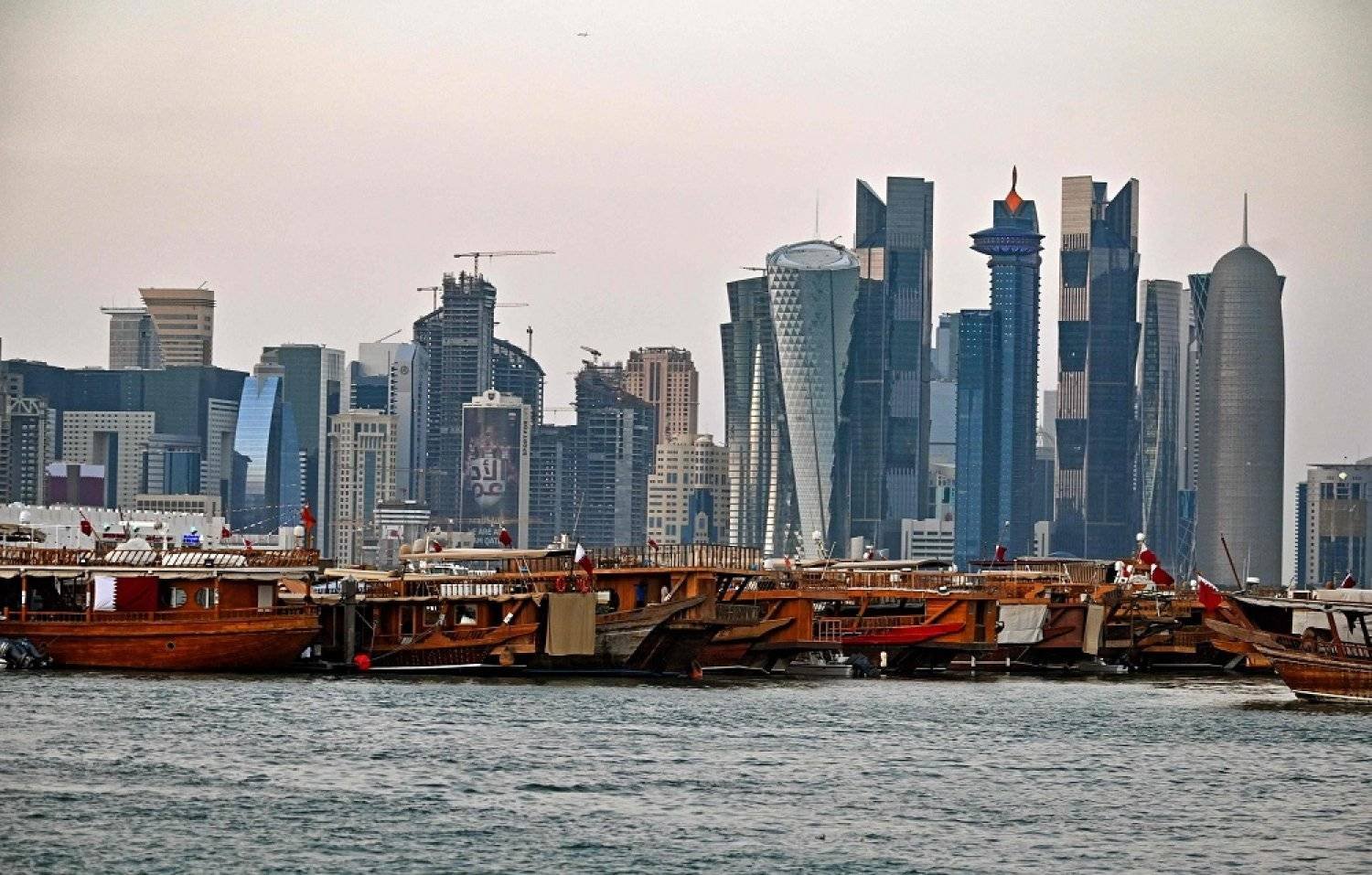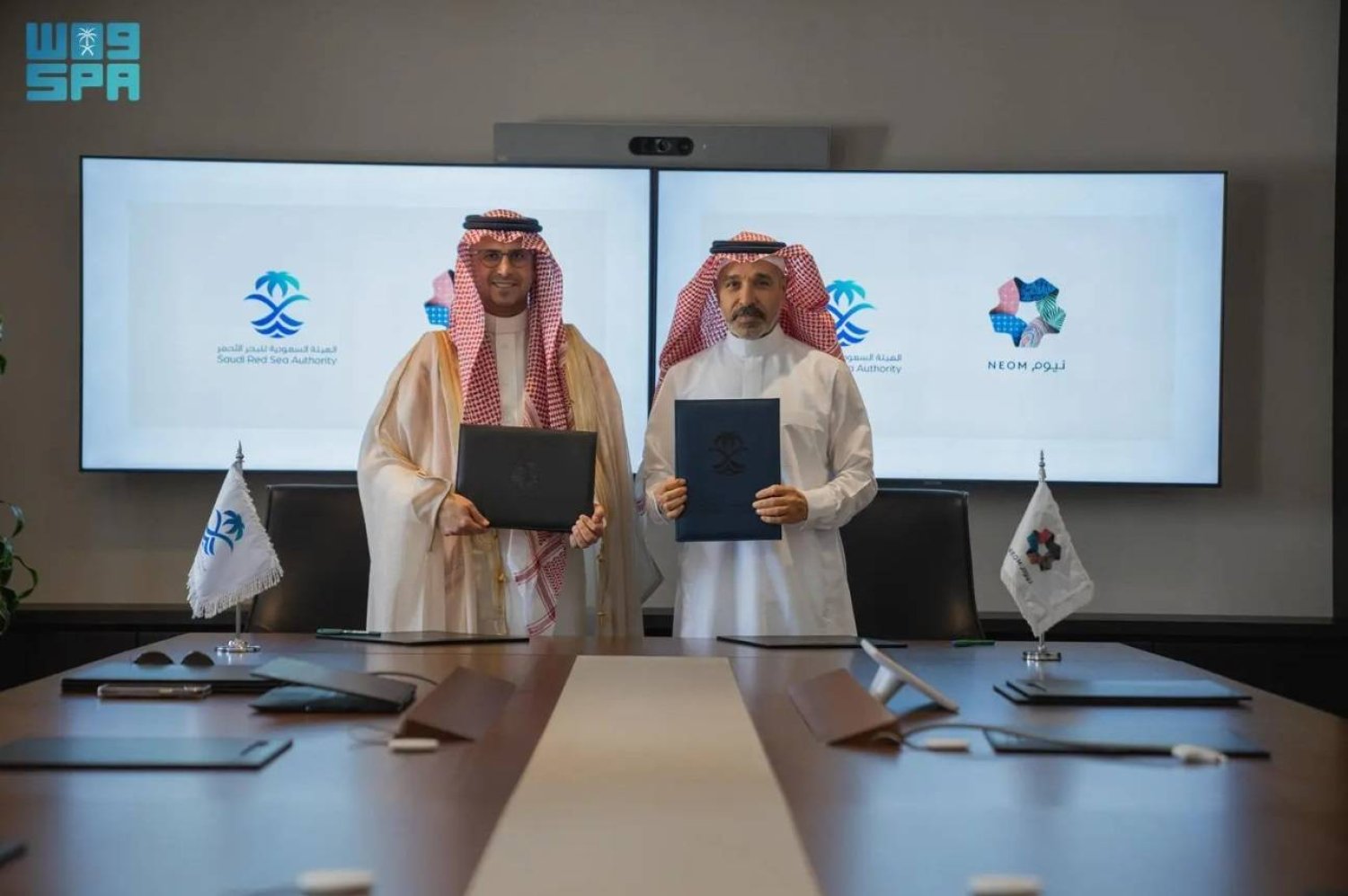Efforts to clean up Turkey’s bad debt have stalled after bankers rejected or put on hold initial plans, according to people familiar with the matter, frustrating the country’s attempts to leave behind the worst of last year’s currency crisis.
Interviews by Reuters with more than a dozen bankers, company executives and advisers show that there has been little progress over the past three months with plans to help lenders to Turkey’s construction, real-estate and energy companies that can no longer afford roughly $20 billion of debt.
“Everything is just at a standstill,” said a banker involved in discussions between lenders, companies and government officials, who asked not to be named. “The government and everyone is in wait-and-see mode before they take any further action, and people are looking to next year.”
A key obstacle has been a lack of appetite by both the debt-laden companies and their lenders to take drastic measures to restructure the debt, in part because of hope that the economy will soon rebound and improve business. There has also been scant direction from Ankara, the people say.
How quickly and credibly Turkey can execute the bailout could determine whether the Middle East’s largest economy returns to growth later this year, or risks a protracted recession and another crisis that again roils other emerging markets, banking and industry officials say.
Turkish President Recep Tayyip Erdogan’s government in April announced that off-balance-sheet funds would be created to help restructure energy and real-estate loans, but it has not presented a detailed strategy.
In a statement to Reuters Wednesday, the Turkish Treasury said banks “have not yet reached agreement on a fund model” but that the restructuring efforts continue.
The Treasury said further that it is up to the banks to decide on which solution they choose but that the government supports a fund structure that “will transfer our banks’ problem loans to investors, provide entry of fresh resources to our financial system, and allow our banks the opportunity to focus on their primary duties of provision and management of credits.”
“The important thing is for the problem to be solved permanently without being pushed back, and for credit channels to be opened again,” the Treasury added.
Loan restructuring allows a company facing cash flow problems to renegotiate delinquent debts with lenders, enabling it to continue operations and avoid potential bankruptcy.
The government has said it will not directly fund a bailout, but it does have the authority to shape restructuring procedures. Lenders and indebted companies are looking for the state’s assistance in areas such as reducing restructuring costs through tax breaks and making it easier for foreign investors to acquire bad debt, three sources say.
A draft law currently being debated in parliament removes some obstacles to dealing with the bad debt by introducing tax exemptions for loan restructuring and legal protection for bankers.
“A model where the state provides funding for restructuring is not on our agenda at the moment,” the Treasury said in its statement to Reuters.
Construction debt
Turkey’s large construction and energy sectors, which had for years indulged in cheap foreign credit, continue to struggle to service billions of dollars of debt after sharp declines in the lira last year. A recent rebound in the currency – albeit modest in comparison to last year’s 30 percent slide – has removed some of the urgency but the size of the bad debt remains significant, a restructuring consultant said.
According to official figures, non-performing loans in the construction industry totaled 15 billion liras ($2.63 billion) as of May, but some industry specialists say the total could be closer to $10 billion.
The problems for construction companies are particularly acute because unlike energy providers – which continue to earn revenues from customers – they face a lack of cash flow while building projects are stalled, industry specialists say.
One key reason for the lack of progress in restructuring the construction sector’s bad debt is sharp disagreement over the value of partly built or vacant condominiums, offices and shopping malls across the country, leaving banks and companies unwilling to buy or sell assets, several of the people Reuters interviewed said.
That led to the rejection in May by private banks of a proposal by state lender Ziraat Bank, which is leading restructuring talks between construction borrowers and creditor banks, according to two people familiar with the matter.
Ziraat had proposed a plan to enable banks to move bad debt from their books into an off-balance-sheet vehicle, guaranteeing them interest income in the near term and repayment of the loans within 10 years. Under the proposal, construction and real-estate companies could spread interest payments over a longer period of time to avoid bankruptcy and gain more time to complete or sell projects.
Ziraat, Turkey’s biggest bank, told Reuters it continues to work on solutions that will ease the burden on both financial institutions and construction companies. Another banker told Reuters that lenders and Treasury officials reconvened in Ankara earlier this month to discuss anew plan on property and collateral valuation, but that those talks were inconclusive.
Step forward, step back
There had been some progress in the energy sector, where there is some $12 billion in bad loans according to private lender Garanti Bank (GARAN.IS).
In early May, Garanti Bank publicly outlined a strategy for dealing with bad energy-sector debt that involved banks taking over energy plants with a view to selling them down the road when they became profitable.
While that plan remains under consideration, banks are now exploring alternatives to the plan outlined by Garanti in part because of a lack of agreement on how it would work, according to a senior banker involved in the talks.
Lenders involved in the talks now are zeroing in on a consensus that some $2 billion to $3 billion of the bad energy debt will need to be converted to equity, meaning lenders will take ownership of energy companies that owe them, two of the bankers told Reuters.
Garanti officials told Reuters that work on the energy fund continues and a statement would be issued if progress was made.
For now, there are few willing investors to buy energy-company loans from the banks and the potential buyers that do exist are looking for steep discounts – in some instances looking to pay as little as 50 cents on the dollar, according to a banker involved in the talks.
As a result, most banks and companies would rather wait for government guidance on any further regulatory changes or indications for improved terms “because the assumption is that it’s going to be a better deal,” another banker said.
($1 = 5.7044 liras)
















